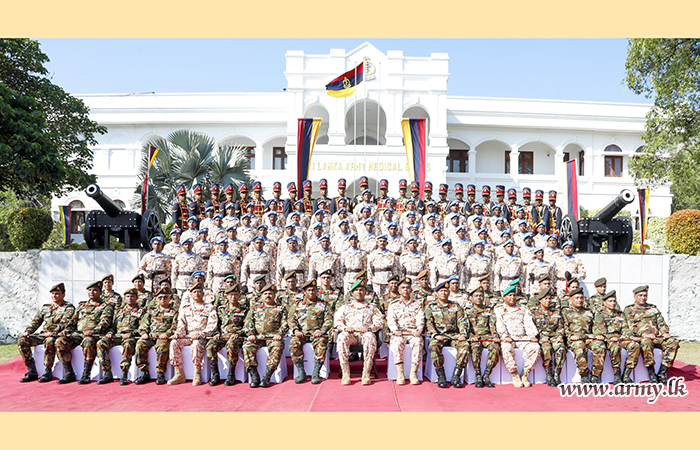
Despite serious concerns over the human rights record of Sri Lanka's military, Sri Lanka's army has deployed a contingent of military personnel to the United Nations Peacekeeping Mission in South Sudan (UNMISS). The South Sudan-bound contingent comprises of 64 Army personnel, including 14 Army Officers, 01 Naval Officer, and 49 Other Ranks.
The International Truth and Justice Project (ITJP) has called for the suspension of all Sri Lankan peacekeepers following the release of the UN human rights commissioners report. The report highlighted that the Human Rights Commission of Sri Lanka, which is responsible for the vetting of Sri Lankan troops, has been "politicised and its independence undermined by the appointment of a former Government minister as its chairperson" the ITJP stated in a press release.
The deployment of Sri Lankan forces comes despite grievous human rights abuses during peacekeeping missions. In 2007, over 100 Sri Lankan peacekeepers were implicated in a child sex ring in Haiti. Sri Lankan troops were accused of exchanging food and money for sex with girls and boys as young as 12. While most of the accused were repatriated, none have been criminally prosecuted.
Read more here: UN peacekeepers in Haiti ‘fathered hundreds of babies’ with young girls with violence and coercion


